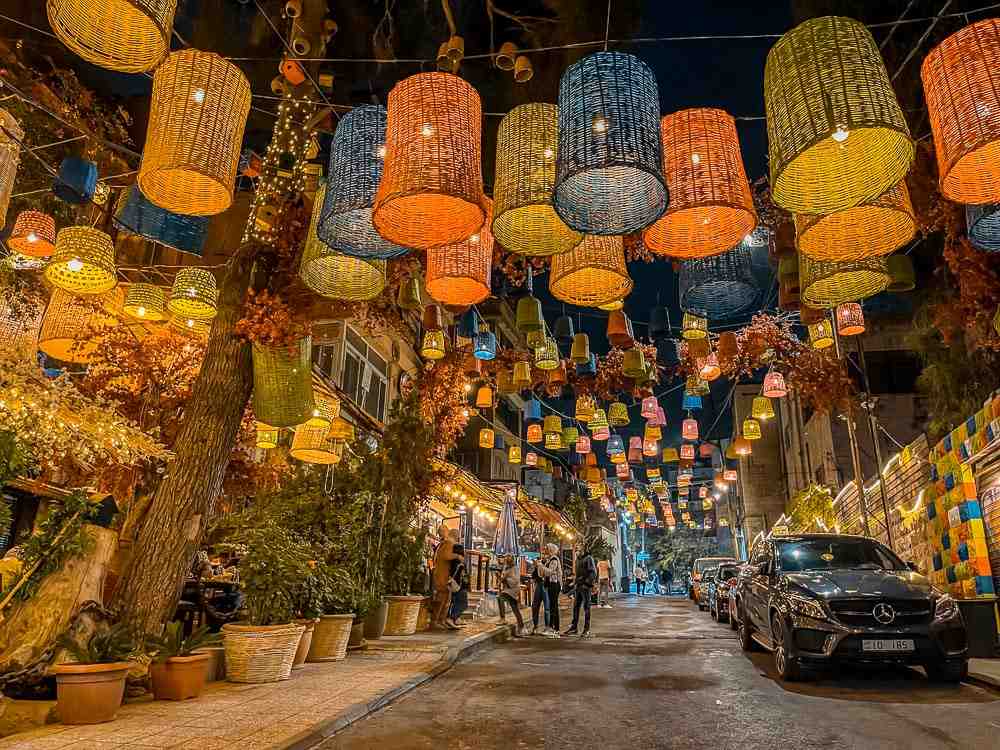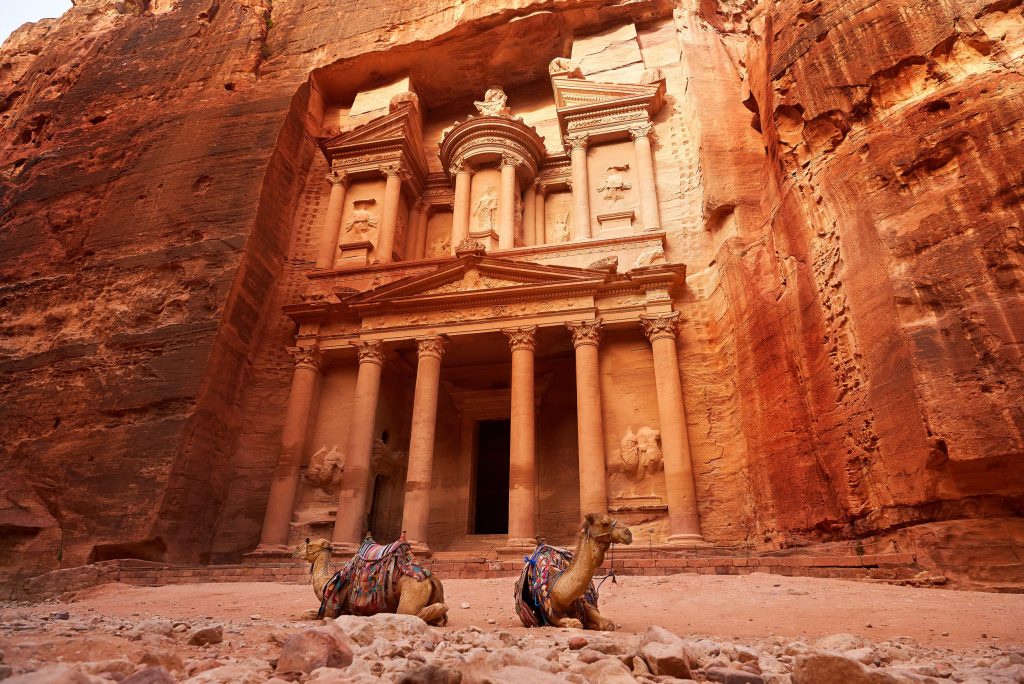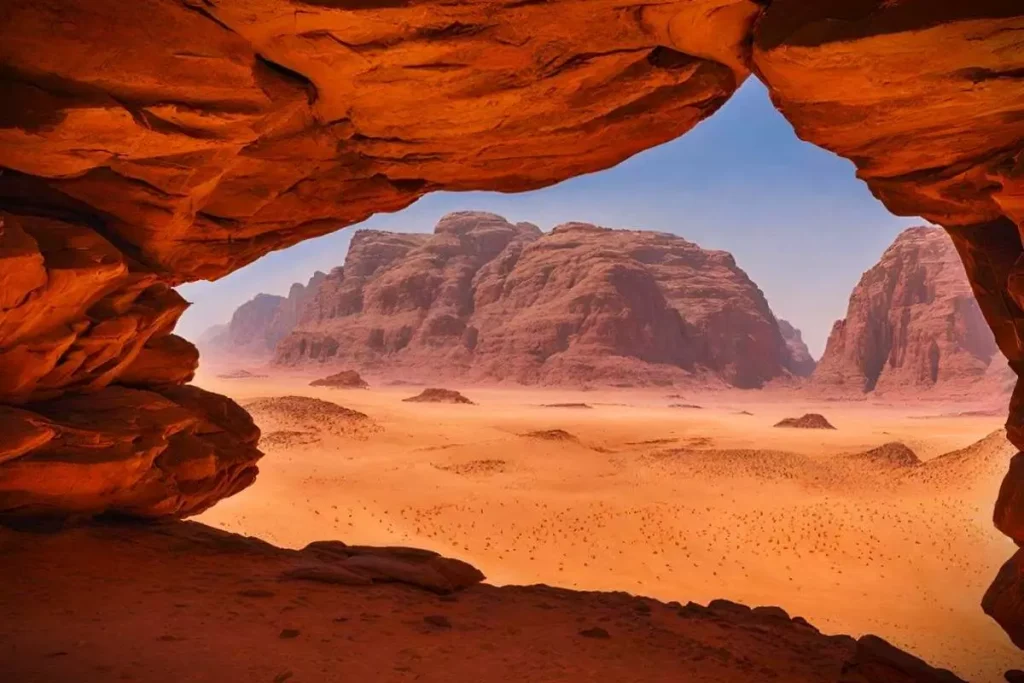The lowest nature reserve on earth !
Sustainable Tourism in Jordan: How to Travel Responsibly
Jordan is a land of breathtaking landscapes, rich history, and vibrant culture, making it a top travel destination in the Middle East. However, with the rise of tourism comes the responsibility of preserving Jordan’s natural and cultural heritage. Sustainable tourism ensures that visitors can experience the country’s wonders without harming the environment or local communities. By making conscious choices, travelers can contribute to conservation efforts, support local economies, and leave a positive impact on the places they visit. Whether exploring the ancient ruins of Petra, the serene waters of the Dead Sea, or the vast deserts of Wadi Rum, responsible tourism is key to protecting Jordan for future generations.
Supporting Local Communities and Businesses
One of the most impactful ways to travel sustainably in Jordan is by supporting local businesses and communities. Instead of opting for international chain hotels and restaurants, travelers should consider staying in locally-owned guesthouses, boutique hotels, or eco-lodges. Dining at traditional Jordanian restaurants and purchasing handmade crafts from local artisans helps sustain livelihoods and preserves traditional skills. Visitors can also engage in community-based tourism initiatives, such as homestays in rural villages or guided tours led by Bedouins in the desert. These experiences not only provide deeper cultural immersion but also ensure that tourism revenue directly benefits local people rather than large corporations.


Conserving Jordan’s Natural Beauty
Jordan is home to diverse ecosystems, from lush nature reserves to arid deserts, which require careful conservation. Travelers can minimize their environmental footprint by following Leave No Trace principles—disposing of waste properly, avoiding single-use plastics, and respecting wildlife habitats. Visiting protected areas like Dana Biosphere Reserve or Ajloun Forest Reserve with eco-friendly tour operators supports conservation programs. Tourists should also avoid off-road driving in desert regions like Wadi Rum, as it can damage delicate ecosystems. Choosing responsible adventure activities, such as eco-hiking, ethical camel trekking, and sustainable diving in Aqaba, helps preserve Jordan’s natural treasures while still offering incredible experiences.
Responsible Water Usage
As one of the world’s most water-scarce countries, Jordan faces significant challenges in water conservation. Tourists play a crucial role in reducing water consumption by taking simple yet effective measures. Shorter showers, reusing towels in hotels, and avoiding excessive use of bottled water can make a difference. Carrying a reusable water bottle with a built-in filter is an excellent alternative to buying plastic bottles, which contribute to pollution. Travelers visiting the Dead Sea should avoid using chemical-laden sunscreens that can harm the delicate ecosystem. Many eco-lodges and sustainable accommodations promote water-saving initiatives, so choosing environmentally-conscious lodging further aids conservation efforts.
Respecting Cultural Heritage and Traditions
Jordan’s historical sites, such as Petra, Jerash, and Amman’s Citadel, are treasures of global significance. Responsible travelers should respect these landmarks by adhering to site regulations, avoiding touching ancient structures, and staying on designated paths to prevent erosion. Learning basic Arabic phrases and understanding cultural customs, such as dressing modestly and observing local etiquette, fosters positive interactions with locals. It is also crucial to be mindful of photography, always asking permission before taking pictures of people, especially in traditional communities. By showing respect for Jordan’s cultural heritage, visitors help ensure that these historical and social traditions continue to thrive.
Choosing Ethical Tour Operators

A crucial part of sustainable tourism is selecting tour operators who prioritize environmental and social responsibility. Ethical tour companies in Jordan focus on small-group experiences, hire local guides, and contribute to conservation efforts. When booking desert excursions, it is important to choose operators who treat animals humanely and avoid exploitative practices, such as overworking camels or offering unethical wildlife interactions. Many eco-tourism organizations in Jordan actively reinvest a portion of their profits into environmental protection and local development projects. By choosing responsible travel companies, visitors directly support sustainable initiatives and encourage ethical business practices in the tourism industry.
Conclusion
Sustainable tourism in Jordan is not just about minimizing negative impacts but also about actively contributing to the preservation of the country’s environment, culture, and communities. By supporting local businesses, conserving natural resources, respecting cultural heritage, and choosing responsible tour operators, travelers can ensure that Jordan remains a vibrant and welcoming destination for generations to come. With thoughtful choices and a commitment to ethical travel, visitors can experience the beauty of Jordan while leaving a positive and lasting impact on the land and its people.
